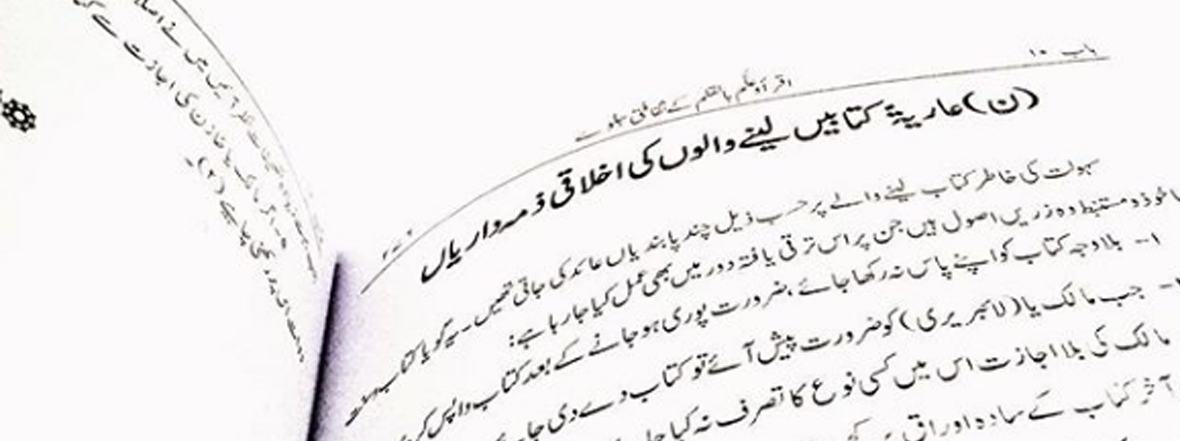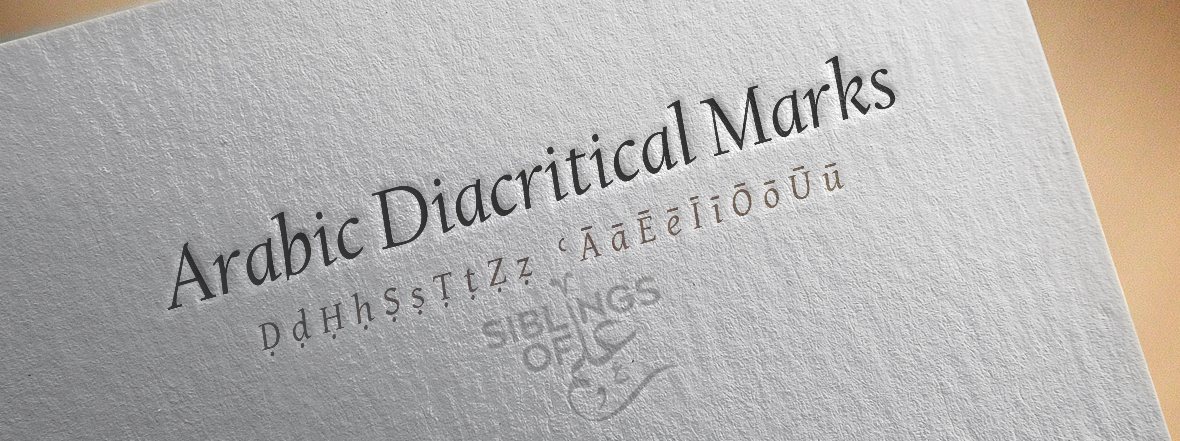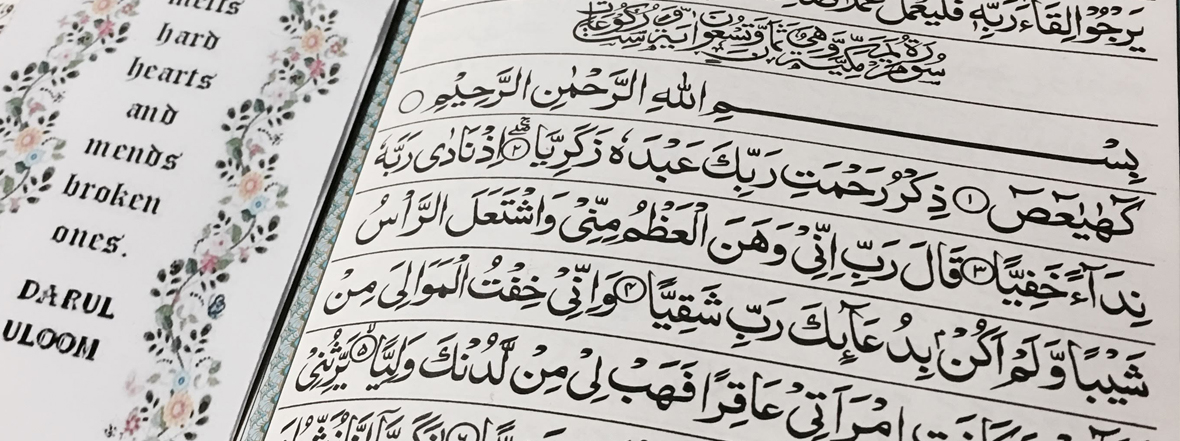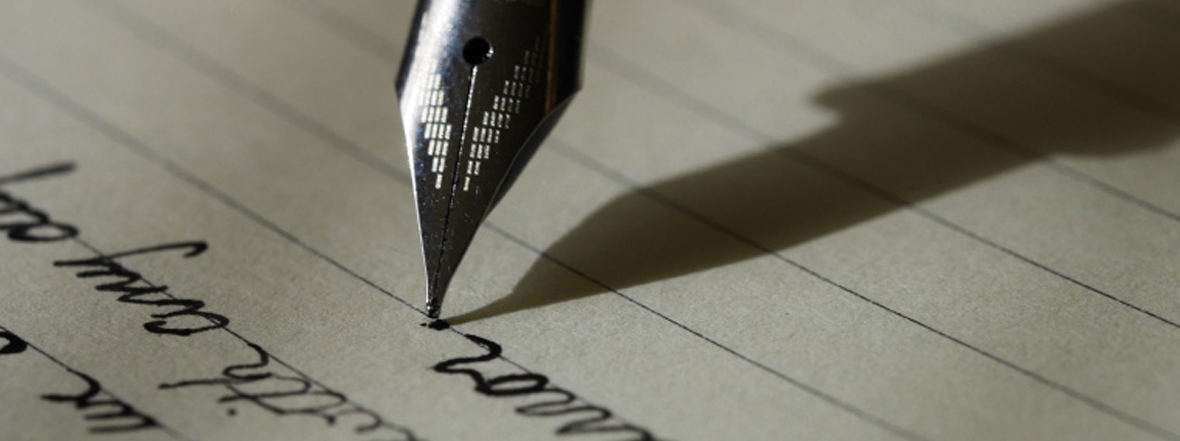Adapted from Mawlānā ʿAbd al-Ḥalīm Chishtī’s إقرأ اور علّم بالقلم کے ثقافتی جلوے below are the book-borrower’s ethical responsibilities (as derived from the Qurʾān and Sunnah and enjoined in the Abbasid period).
▪️return the book immediately after use or whenever the owner needs it
▪️avoid any form of modification or writing in the book without permission
▪️don’t lend the borrowed book to another or use it for mortgage payment
▪️don’t copy without the owner’s permission
▪️make corrections if few (seeking permission preferred); if the book is full of mistakes, don’t bother
▪️whilst copying, don’t place the paper/ink on the borrowed book
In the history of Islam, the custom of borrowing books began when the Caliph of the time, Uthmān (رضي الله عنه) borrowed the muṣḥaf compiled by Abū Bakr (رضي الله عنه) from Ḥafṣah (رضي الله عنها).
During the Umayyad caliphate, this tradition became so widespread that, due to lack of caution, books were being trashed. Some scholars began to advise against lending but Imām Zuhrī raised his voice against this, labeling the forbidding of lending books as غلول and خيانة. Thereafter during the Abbasid caliphate, a principled system was established in every library nationwide, personal/academic/public, to secure the borrowing process.
Libraries in the Abbasid period not only protected Islamic knowledge but spread it far and wide by permitting the borrowing of books. This greatly assisted scholars/students, who would borrow thousands of books from libraries and each other. If a library did not possess a certain book, the seeker was guided to where a copy may be available. Teachers would also lend their students books.
Imām Aḥmad (رحمه الله) would borrow books from Imām Shafiʿī (رحمه الله). Also, every Friday, he would borrow two volumes of al-Wāqidī’s كتاب التاريخ والمغازي from the library of its scribe and return it by the next Friday.
Many would borrow books from the library of Ḥāfiẓ Abū Zurʿah too. Once he found 7 changes in a book returned after 6 months and confronted the borrower about it.
Some libraries only lent books after a mortgage payment. Others were considerably generous in this matter. One individual says: I was lent 200 voluminous books the worth of 200 dinar, with no mortgage.
Abū al-Faḍl Mīkālī would even permit his books to be borrowed back to the villages, where there was no guaranteed protection from dirt, water, termites, or robbery. In such cases, private libraries proved more useful than public ones. . Ibn Ḥamdūn, a great bibliophile known for unhesitatingly lending books, says: I’ve never displayed stinginess in lending books nor demanded mortgage, yet I’ve never lost a lent book. It was said to him: It is due to your sincerity that Allah protects your lent books.
– Written by Mariyam H






